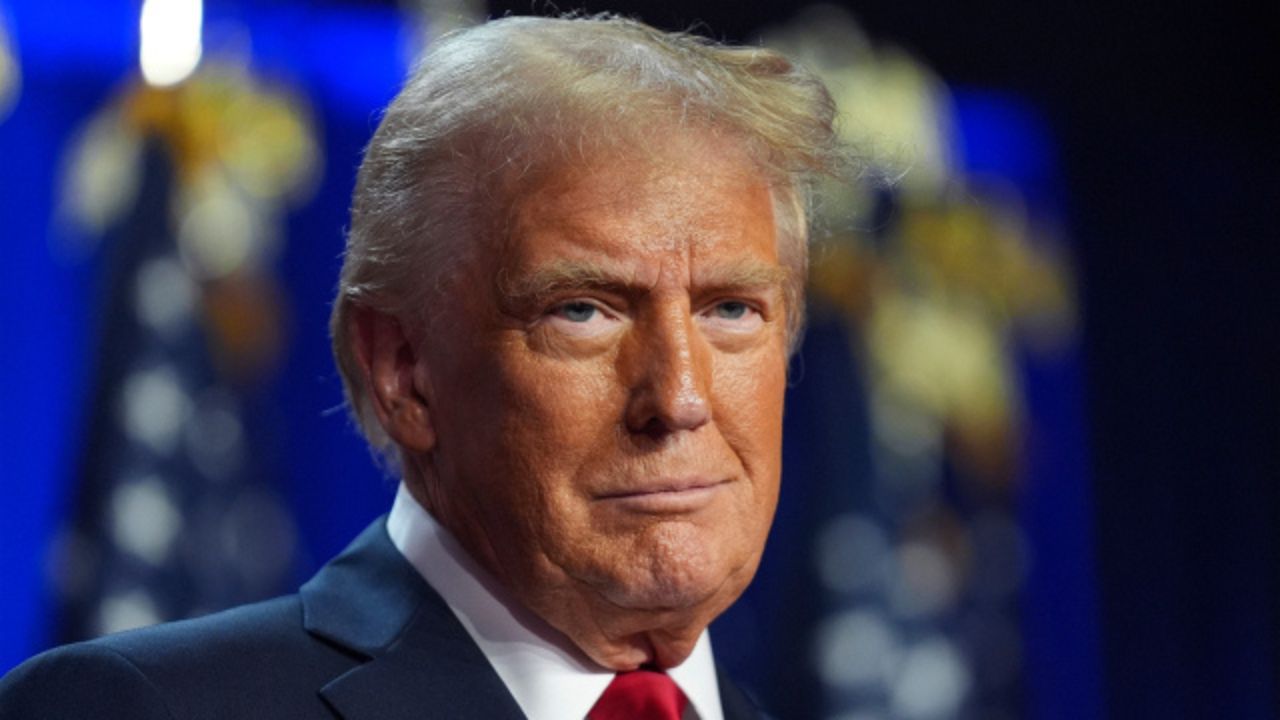
As President-elect Trump heads back to the White House, his criminal cases are likely to stall, but a complex legal landscape remains for his ongoing civil lawsuits. Trump faces potential penalties exceeding half a billion dollars, stemming from cases such as New York Attorney General Letitia James’s civil fraud suit and defamation claims by columnist E. Jean Carroll.
In addition, Trump is embroiled in a civil lawsuit related to the January 6, 2021, Capitol attack, implicating him and certain extremist group leaders. Unlike criminal cases, civil suits against a sitting president have historically been allowed to proceed, raising the prospect of continued legal battles during his presidency and the potential depletion of his personal finances.
Attorney General James reaffirmed her office’s commitment to pursuing justice regardless of Trump’s new administration. James had previously secured a $464 million judgment against Trump and his business for allegedly inflating his net worth for tax benefits, a case currently under appeal. While Trump has labeled James “incompetent” and accused her of bias, her office remains poised to counter challenges from his administration.
Trump is also appealing two defamation verdicts in favor of Carroll, totaling nearly $90 million. Carroll’s attorney, Robbie Kaplan, stated that Trump’s presidency does not alter the jury’s findings or legal basis for his liability.
The civil lawsuit against Trump, stemming from the January 6 incident, is still in preliminary stages, with discovery expected to conclude in April. A trial date is yet to be set, and the case may progress even if his related federal criminal trial does not.
Trump’s tangled legal situation is largely unprecedented, though civil suits against sitting presidents have proceeded in the past. In 1997, the Supreme Court ruled that Paula Jones’s harassment lawsuit against then-President Clinton could go forward, noting that civil actions do not necessarily interfere with presidential duties.
Facing substantial financial liabilities, Trump might argue that his obligations could hinder his ability to fulfill presidential duties, but he has shown no inclination to settle these debts. His campaign spokesman, Steven Cheung, expressed that Trump’s re-election reflects Americans’ desire to end what he calls the “weaponization of the justice system” and focus on national unity and progress.
